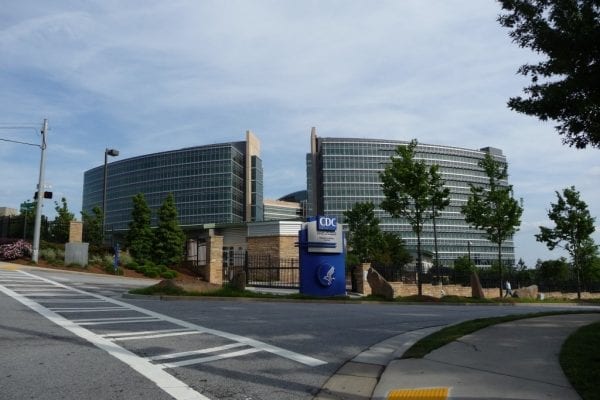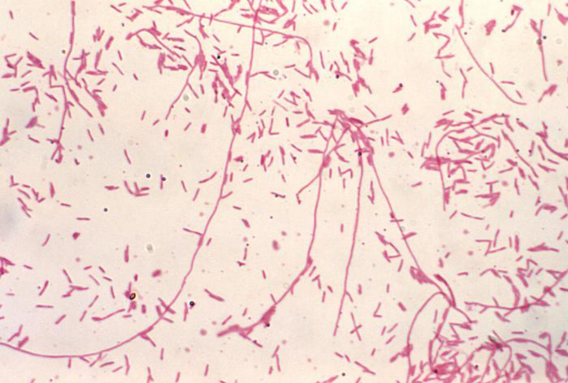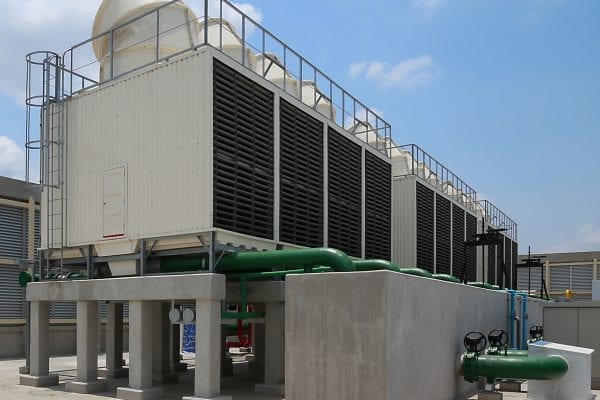The Florida legislature is currently evaluating a bill for new Legionnaires’ Disease legislation intended to help protect the public from Legionnaires’ Disease. The new legislation would create new management and reporting requirements for property owners. Here’s what you need to know.
What Legionnaires’ Disease Is, and Why It’s a Public Health Threat
Legionnaires’ Disease is a respiratory illness that causes cold- and flu-like symptoms and a severe form of pneumonia. In some cases it also causes gastrointestinal symptoms, altered mental status, and neurologic abnormalities. Approximately 10% of cases contracted in public spaces (as opposed to in hospitals, where the mortality rate is 25%) end in death.
The disease is caused by the bacteria Legionella pneumophila (Legionella), which thrives in warm, wet environments, and spreads when infected water is inhaled by humans. Often, Legionnaires’ Disease is contracted when the public is exposed to it via water droplets dispersed from cooling towers.
Cooling towers present an ideal environment for Legionella to thrive, and are recognized as a major source of outbreaks. Florida is especially vulnerable to Legionnaires’ outbreaks thanks to our warm, wet climate and the constant need for air conditioning and refrigeration.
Currently, there is no state or national legislation that determines how property owners should manage their cooling towers and other water systems to reduce the risk of Legionnaires’ outbreaks, nor any registry to help regulators and the public track where these cooling towers are and how they are maintained.
How New Legionnaires’ Disease Legislation Will Help Address the Problem
Recent outbreaks all over the country have called public attention to the hazards of Legionnaires’, as well as the lack of reasonable oversight and regulation. In response, State Senator Joe Gruters (R), chair of the Florida Senate Commerce and Tourism Committee, has proposed a bill (SB 1190) for the 2020 Legislative Session intended to improve public health and safety by reducing potential exposure to Legionella.
According to a report in the Pensacola News Recorder, the bill would require owners of properties with cooling towers to “regularly clean, maintain, treat, sample, and report results to public health officials.” If testing reveals that a cooling tower harbors Legionella bacteria, it would be required to be reported to the health department and possibly to the public.
What Property Owners Should Do Now
Property owners should not wait for legislation to pass before taking action. Even without clear legal guidance, property owners can be and often are held liable for outbreaks when it is determined that they have not taken adequate precautions to protect the public health.
The new legionnaires’ disease legislation will make it easier for owners to understand what is required of them, and to ensure they are in compliance, thus both protecting public health and protecting property owners from liability. In the meantime, every property owner should take the following steps:
- Determine whether any of your properties contain cooling towers or other likely habitats for Legionella bacteria. Read this article for guidance.
- Establish a relationship with a reputable industrial hygiene firm, and arrange for testing at your properties.
- Take the steps outlined in this article, and/or follow the guidance provided by your industrial hygiene partner.
By taking a proactive approach to preventing Legionella contamination at your properties, you will protect the health of your workers, guests, and the public, while also reducing your potential legal liability and getting ahead of the legislation.
Stay tuned for updates on other legislation impacting property owners, and contact our industrial hygienists today to discuss your properties’ status.






